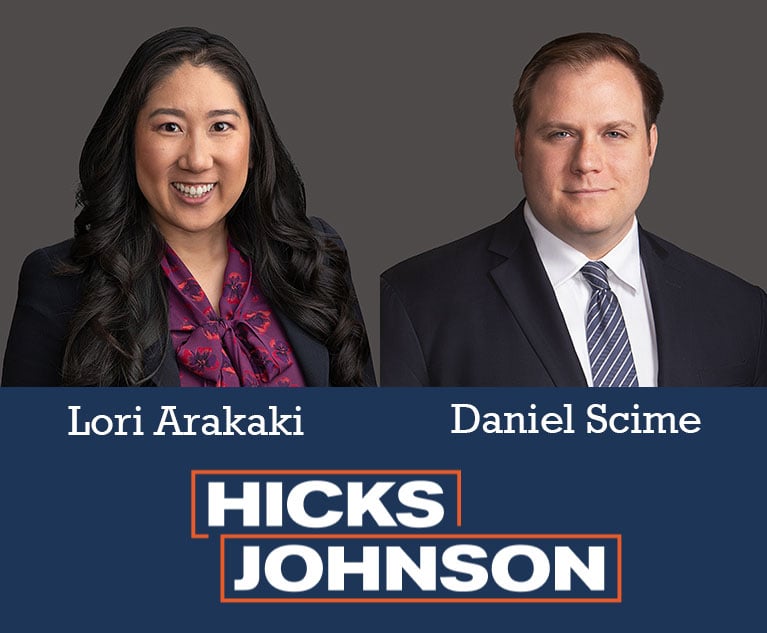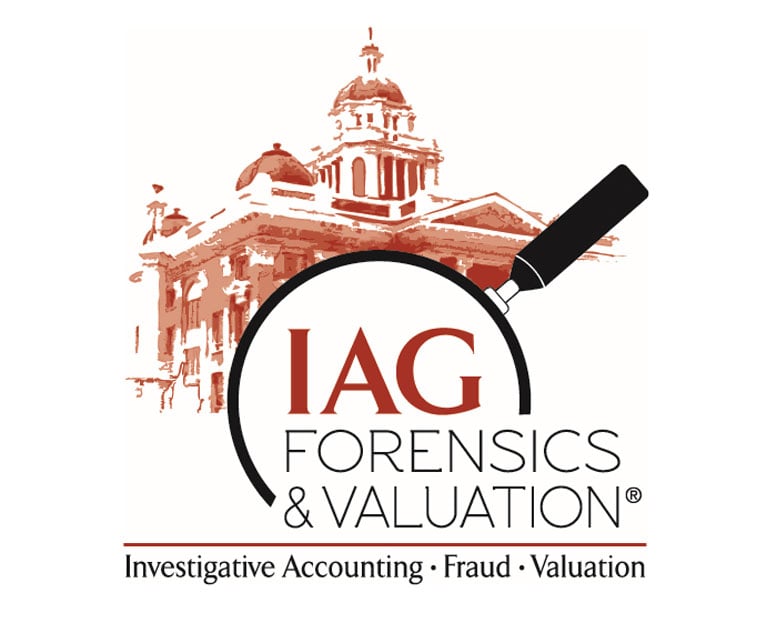23. Post Pandemic Leadership Challenges — WFH
The work-from-home topic literally didn't exist before the pandemic, now it's front and center. The worst of the pandemic seems to have receded, but this issue remains. The WFH toothpaste is out of the tube, and it won't go back in.
October 07, 2022 at 08:17 AM
3 minute read
The original version of this story was published on Lean Adviser
The COVID-19 pandemic might be officially "over," but many of the practices that arose from the pandemic will be here to stay. That leads to an issue that law firms will struggle with —leadership in the post pandemic era. This lesson begins a series addressing that issue and how lean law principles can help. We start with the most pressing of those issues — working from home (WFH).
This WFH topic literally didn't exist before the pandemic, now it's front and center. Sure, there were attorneys who worked from the road and off-hours but that's not the same as the complex and integrated systems and procedures that had to be set up for full-time remote working by the entire firm (including paralegals, assistants and other support staff such as IT). The worst of the pandemic seems to have receded, but this issue remains. The WFH toothpaste is out of the tube, and it won't go back in.
Many law firms are still so challenged by WFH, that their policy is not to have a policy. Instead, they have guidelines. These tend to be a version of: "we'd like you to come into the office, we're not saying you'd have to, but it'd be great if you did, at least a few days a week."
So much for the law firm standpoint. As we often discuss in Lean Adviser, the attorney-client experience is key. So let's look at WFH from the standpoints of attorneys and clients. This week our focus is attorneys.
An attorney in New York might take the subway and then walk a few blocks, while another in Austin might drive to the office and park outside. In the pandemic, one experience was a greater health risk than the other.
That health card may now be less valid, but a bigger issue remains: For many attorneys, working from home works. A WFH attorney can get up at 7 am, grab a coffee and a banana and do 3 hours of uninterrupted work before 10:30. A commuting attorney will often achieve very little by 10:30 (and that is assuming there are no unexpected obstacles in the attorney getting to the office, such as cancelled or delayed trains, traffic jams, long lines at Starbucks for that morning coffee, car trouble, etc.). (Certainly there could be a cost analysis done of the wear and tear on cars for those driving to work vs. working from home and not using the car.) As we've all learned, this disparity continues all day, and into the evening.
Where this is headed and where it will stay is hybrid working. As we've discussed, the current generation sees things differently and have different values and priorities than previous generations. For them in particular, this is irreversible. Many law firm leaders are coming to terms with this as a durable reality, which is absolutely the right reaction.
As ever, Lean Adviser has some insights on this issue. Remember, one of our fundamentals is just not the work you do, it's how you do the work. Is it planned, structured, organized, goal-oriented and efficient? If applied thoughtfully, hybrid WFH aligns neatly with those attributes. Done right, hybrid WFH can benefit attorneys, firms and clients, the last of which is the topic of the next lesson.
NOT FOR REPRINT
© 2025 ALM Global, LLC, All Rights Reserved. Request academic re-use from www.copyright.com. All other uses, submit a request to [email protected]. For more information visit Asset & Logo Licensing.
You Might Like
View All
Longtime AOC Director Glenn Grant to Step Down, Assignment Judge to Take Over
4 minute read
Hours After Trump Takes Office, Democratic AGs Target Birthright Citizenship Order
4 minute read
Hicks Johnson Promotes Lori Arakaki and Daniel Scime to Firm Partnership
2 minute read
IAG Forensics & Valuation is excited to announce promotions at our firm effective 1/1/2025.
1 minute readTrending Stories
Who Got The Work
J. Brugh Lower of Gibbons has entered an appearance for industrial equipment supplier Devco Corporation in a pending trademark infringement lawsuit. The suit, accusing the defendant of selling knock-off Graco products, was filed Dec. 18 in New Jersey District Court by Rivkin Radler on behalf of Graco Inc. and Graco Minnesota. The case, assigned to U.S. District Judge Zahid N. Quraishi, is 3:24-cv-11294, Graco Inc. et al v. Devco Corporation.
Who Got The Work
Rebecca Maller-Stein and Kent A. Yalowitz of Arnold & Porter Kaye Scholer have entered their appearances for Hanaco Venture Capital and its executives, Lior Prosor and David Frankel, in a pending securities lawsuit. The action, filed on Dec. 24 in New York Southern District Court by Zell, Aron & Co. on behalf of Goldeneye Advisors, accuses the defendants of negligently and fraudulently managing the plaintiff's $1 million investment. The case, assigned to U.S. District Judge Vernon S. Broderick, is 1:24-cv-09918, Goldeneye Advisors, LLC v. Hanaco Venture Capital, Ltd. et al.
Who Got The Work
Attorneys from A&O Shearman has stepped in as defense counsel for Toronto-Dominion Bank and other defendants in a pending securities class action. The suit, filed Dec. 11 in New York Southern District Court by Bleichmar Fonti & Auld, accuses the defendants of concealing the bank's 'pervasive' deficiencies in regards to its compliance with the Bank Secrecy Act and the quality of its anti-money laundering controls. The case, assigned to U.S. District Judge Arun Subramanian, is 1:24-cv-09445, Gonzalez v. The Toronto-Dominion Bank et al.
Who Got The Work
Crown Castle International, a Pennsylvania company providing shared communications infrastructure, has turned to Luke D. Wolf of Gordon Rees Scully Mansukhani to fend off a pending breach-of-contract lawsuit. The court action, filed Nov. 25 in Michigan Eastern District Court by Hooper Hathaway PC on behalf of The Town Residences LLC, accuses Crown Castle of failing to transfer approximately $30,000 in utility payments from T-Mobile in breach of a roof-top lease and assignment agreement. The case, assigned to U.S. District Judge Susan K. Declercq, is 2:24-cv-13131, The Town Residences LLC v. T-Mobile US, Inc. et al.
Who Got The Work
Wilfred P. Coronato and Daniel M. Schwartz of McCarter & English have stepped in as defense counsel to Electrolux Home Products Inc. in a pending product liability lawsuit. The court action, filed Nov. 26 in New York Eastern District Court by Poulos Lopiccolo PC and Nagel Rice LLP on behalf of David Stern, alleges that the defendant's refrigerators’ drawers and shelving repeatedly break and fall apart within months after purchase. The case, assigned to U.S. District Judge Joan M. Azrack, is 2:24-cv-08204, Stern v. Electrolux Home Products, Inc.
Featured Firms
Law Offices of Gary Martin Hays & Associates, P.C.
(470) 294-1674
Law Offices of Mark E. Salomone
(857) 444-6468
Smith & Hassler
(713) 739-1250








